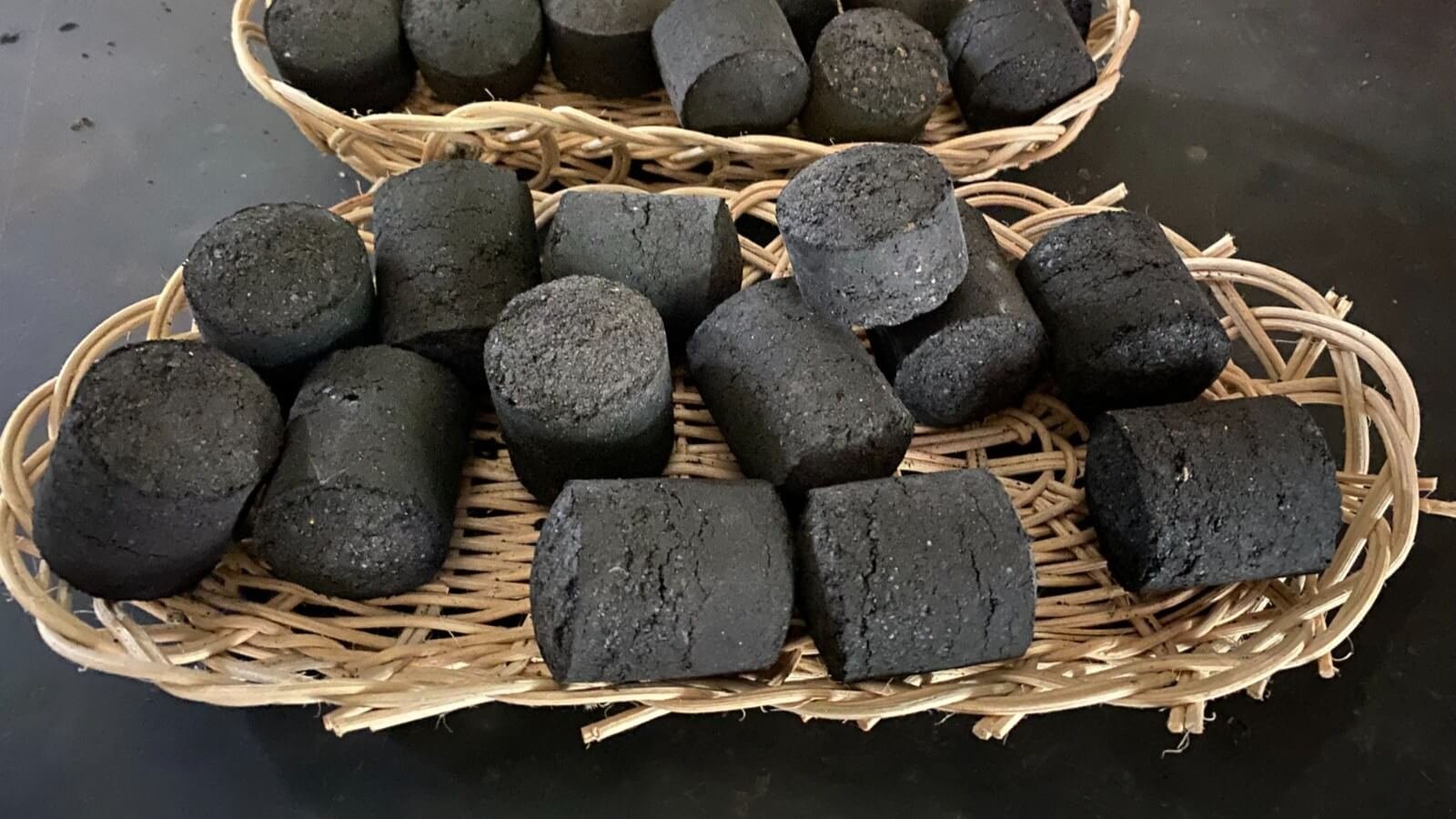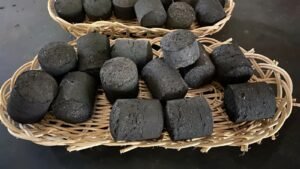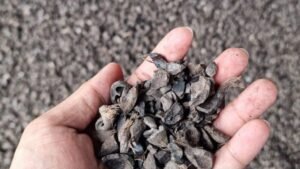Jakarta, Beksi Energy – Biomass such as palm kernel shells (PKS) is becoming a strategic element in co-firing programs at power plants, strengthening Indonesia’s commitment to clean energy without compromising supply security.
Indonesia is increasingly positioning biomass (PKS, wood pellets) as an option for co-firing in coal-fired power plants to reduce carbon intensity while maintaining electricity supply. Studies and co-firing roadmaps indicate pricing challenges relative to PLN reference rates, but opportunities exist for exports and industrial-scale expansion.
Implementing co-firing requires stable-quality feedstock (moisture, calorific value), dry/hygienic logistics, and long-term planning to ensure sustainable supply without compromising food supply chains or the environment.
Several investors and foreign energy companies see significant opportunities in Indonesia’s biomass value chain — from PKS collection to pelletizing and export — while also helping reduce emissions in the power sector if incentive policies and implementation roadmaps are strong.
For policymakers and industry players, the key to success is synchronizing fiscal policies (levies/export duties), green investment incentives, and ensuring proper forest and farmer governance so that the transition does not create new negative impacts.







